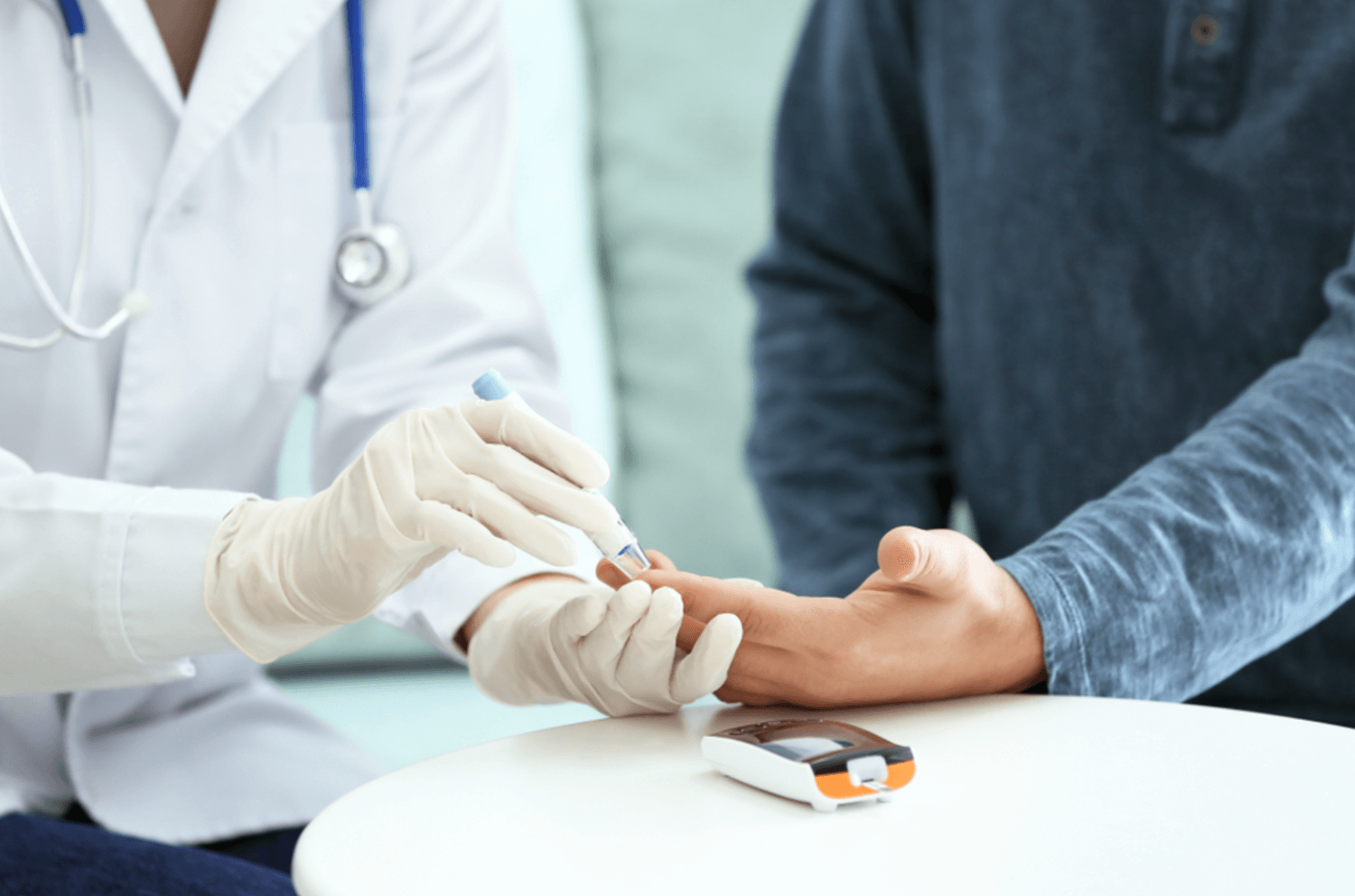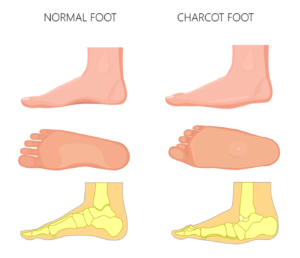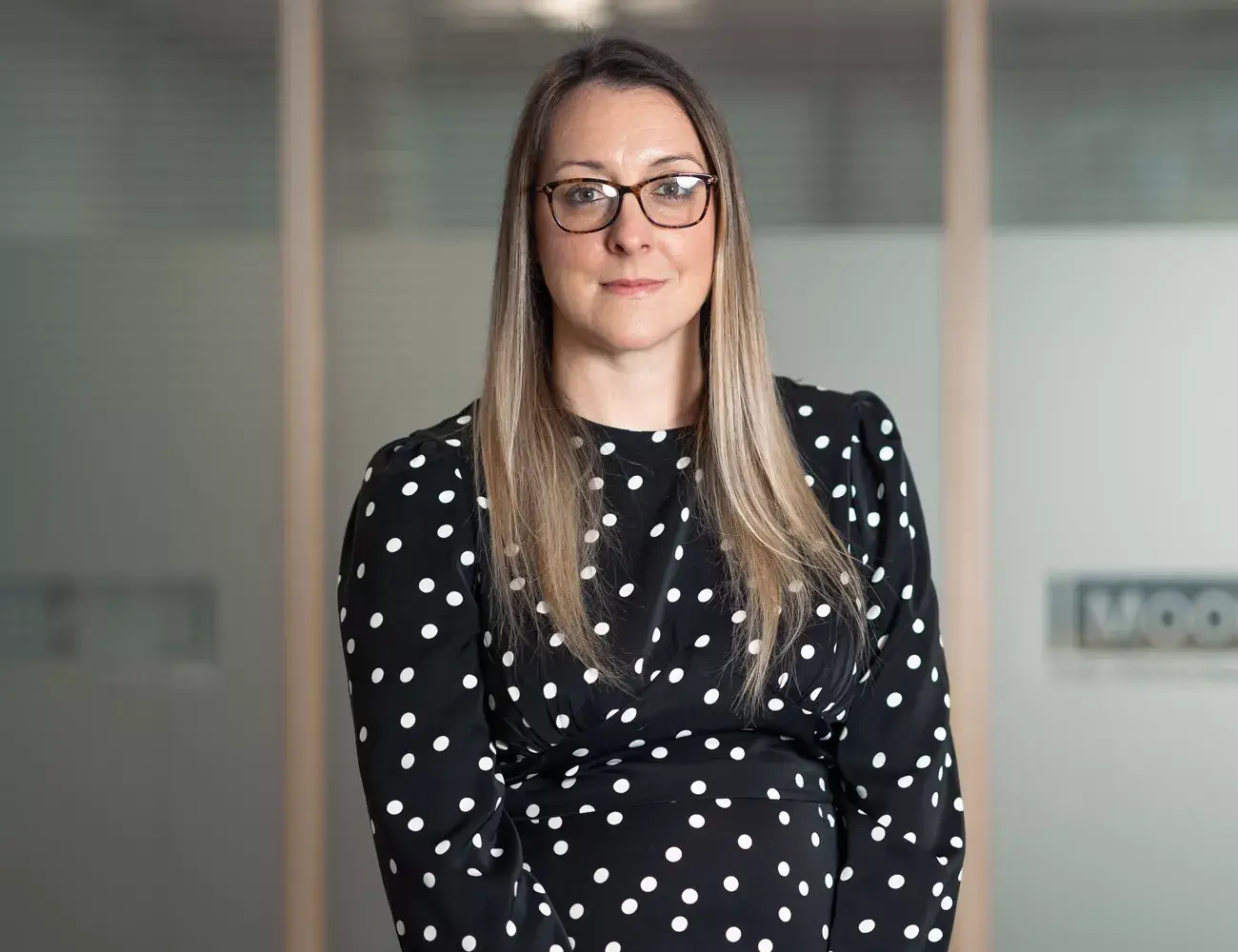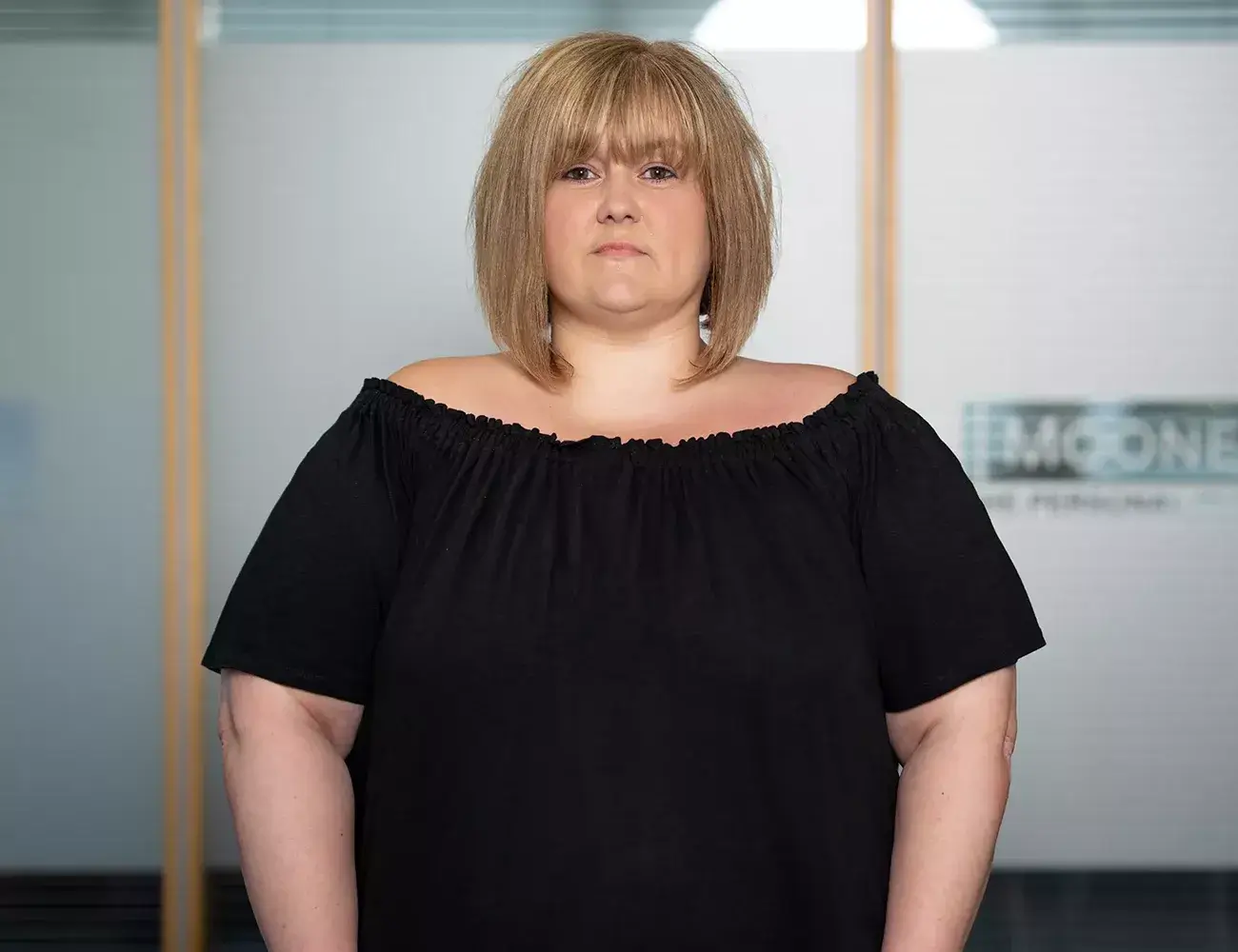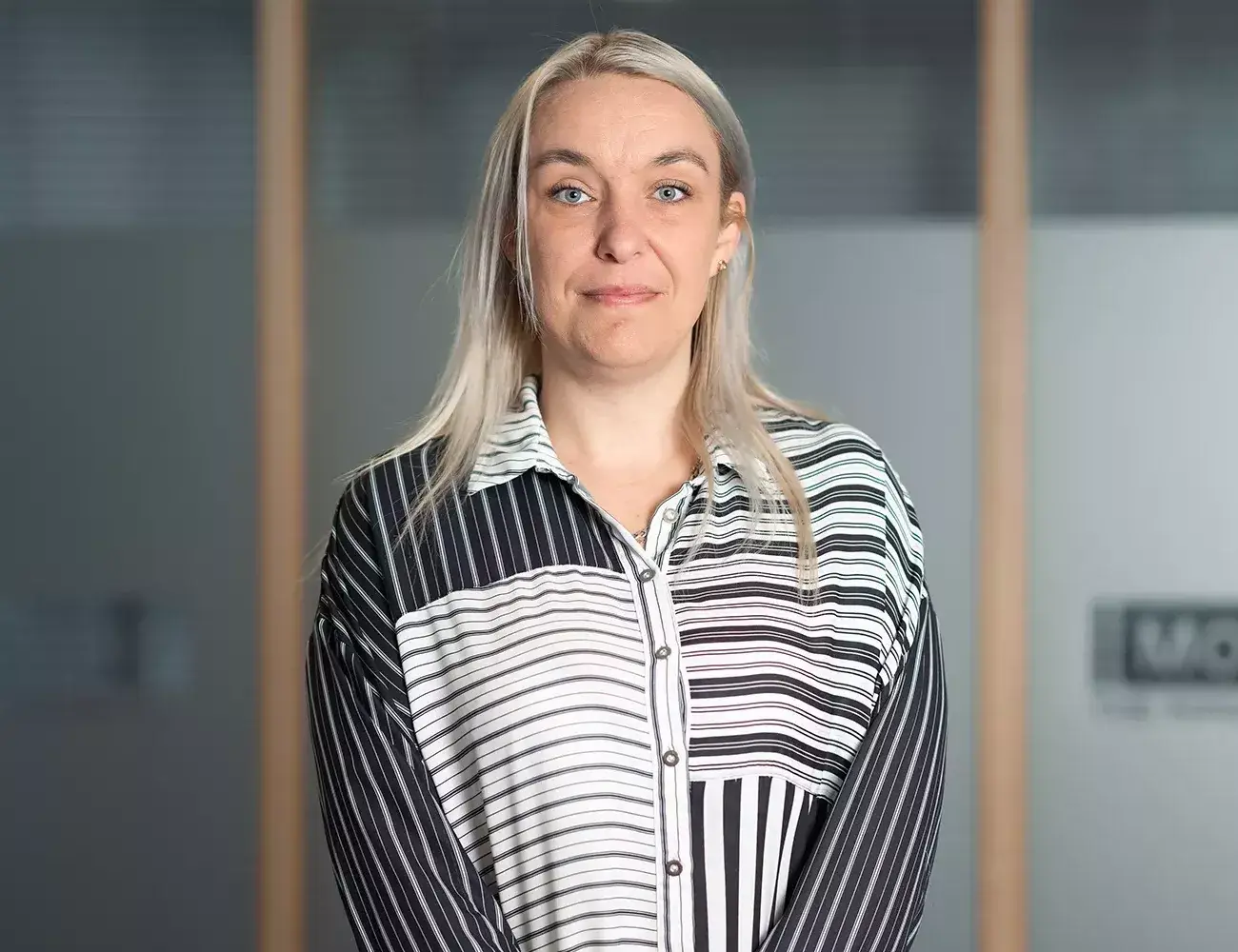Diabetes Medical Negligence Solicitors
Rates of diabetes are increasing around the UK. Although both types of the disease are manageable, patients have to live with them for the rest of their lives. Diabetes is incurable. Good management entails a high level of ongoing monitoring and care to ensure patients don’t become ill.
Victims of diabetes mismanagement who suffer illness or injury due to the negligence of healthcare professionals can make clinical negligence claims.
Today, there are around 4.9 million people in Britain living with diabetes. Every two minutes, another person is diagnosed with the disease. That’s about 700 people every day of the year — an extraordinary number.
Most diagnoses are of the more common Type 2 diabetes; around 90% in the UK. Far fewer have Type 1 diabetes, which occurs in about 10% of patients.
As to why the numbers are rising, medical experts point to genetic factors and lifestyles. Unhealthy diets and sedentary lives that give rise to obesity are two reasons given for the skyrocketing rates of diabetes among young people.
What is Diabetes?
Diabetes is a medical condition caused by too much glucose in the blood. Glucose is produced when the food that we eat is broken down by digestion.
In a healthy body, glucose is moved from the blood and into the cells by means of naturally produced insulin. This process breaks down the glucose and in doing so, produces energy.
The same process does not work in a person who has diabetes. A diabetic’s body cannot break down glucose;
The reason for this may be because:
- the body does not produce enough insulin or
- the type of insulin produced cannot do the work it is supposed to.
What does a Diagnosis of Diabetes Mean?
Once a person gets diabetes, they will have it for life. As such patients have to learn to manage it and live with it. They learn to control the disease with help and advice from their GP and specialists in diabetes management.
Diabetes, when correctly managed, does not necessarily have to restrict a patient’s way of life. Diabetes causes problems when it is not adequately taken care of.
Those affected by the less common type 1 diabetes require a daily dose of insulin administered either by pump or injection.
However, aided by a healthy diet and exercise, the newly diagnosed diabetic will live a relatively normal lifestyle.
Type 1 diabetes usually develops in childhood, although it may appear later in life, usually in people up to the age of 40.
Type 2 is the more common form of diabetes. It is estimated that 90% of people living with diabetes have Type 2 diabetes. As the disease progresses, it may be necessary for a GP to prescribe pills to help stabilise the illness. Well-managed type 2 diabetes does not significantly diminish the quality of life.
Diabetes Treatments and Care
Before they are diagnosed, diabetes patients may experience:
- feeling thirsty,
- tiredness,
- blurred vision,
- weight loss,
- wounds or cuts take longer to heal,
- increased need to urinate.
Once diagnosed, doctors will advise patients to adopt a healthier lifestyle, including their food.
Frequent blood tests will be needed to check that blood sugar levels are balanced. Type 1 sufferers will need to inject insulin, while Type 2 patients may be prescribed pills later.
It’s recommended that diabetes patients have their eyes tested once a year. Diabetes can cause eye problems and even lead to blindness. Hence the reason for regular eye screening.
These tests and ongoing screenings are necessary to keep diabetes patients healthy and avoid the need to instruct clinical negligence solicitors.
Occasionally, though, there is mismanagement of people who have diabetes. It’s then that patients start to think about making clinical negligence claims against the responsible medical institution, such as the NHS.
Mismanagement of diabetic foot ulcers
Among claims handled by clinical negligence solicitors are failures to properly manage diabetic foot ulcers. A failure to treat them properly can lead to infections, abscesses, gangrene and cellulitis, leading to severe consequences, including disability or even amputation.
Charcot foot
Other clinical negligence claims relating to diabetes may include failures to diagnose Charcot’s foot or Charcot arthropathy.
Delays in diagnosis of diabetic ketoacidosis
The leading cause of death for people under 30 and who have diabetes is Diabetic Ketoacidosis (DKA). It goes without saying, that the earliest possible diagnosis and treatment of DKA is vital.
Symptoms of DKA include :
- high blood glucose levels,
- high blood level of blood ketones,
- stomach ache,
- loss of appetite,
- breathing difficulties,
- weakness and,
- tiredness.
Treatment of DKA:
- Hospital inpatient treatment
- Fluids to reverse dehydration
- Insulin via a drip
- Electrolytes to replace those lost in the urine.
It is estimated that most GP practices will see at least one case of DKA per year. GPs should be sufficiently familiar with the condition to recognise its early signs and refer on for hospital treatment urgently.
If symptoms of DKA are not recognised in time or at all, there is a high chance of patient fatality. Delayed, missed, or the wrong diagnosis of diabetic ketoacidosis could lead to a medical negligence claim being brought against the responsible healthcare professional
Misdiagnosis of Diabetes
Type 1 Diabetes is sometimes misdiagnosed as Type 2 and vice versa. Treatment for the two types of diabetes can differ. Giving a patient an incorrect insulin dose can have a catastrophic effect.
On other occasions, some people are diagnosed with diabetes when they don’t have either type of disease. If they then get prescribed insulin, their blood level could be lowered to dangerous levels
Making Clinical Negligence Claims for Diabetes
Diabetic patients who have experienced mismanagement of their condition may be entitled to financial compensation. It’s essential at the outset to get the right kind of solicitor to handle the case. This is a specialist area of the law. You will need solid medical negligence experience to help make your case succeed.
Expert solicitors will ensure clinical negligence claims are dealt with as swiftly as possible. They will also ensure compensation payments take into account that the claimant will be living with diabetes for the rest of their lives.
Compensation can include anything from loss of earnings to travel expenses, refitting the home, rehabilitation, medical expenses and more.
As Mooneerams recommended, medical negligence solicitor partners work on a No Win, No Fee basis, there’s no financial risk.

